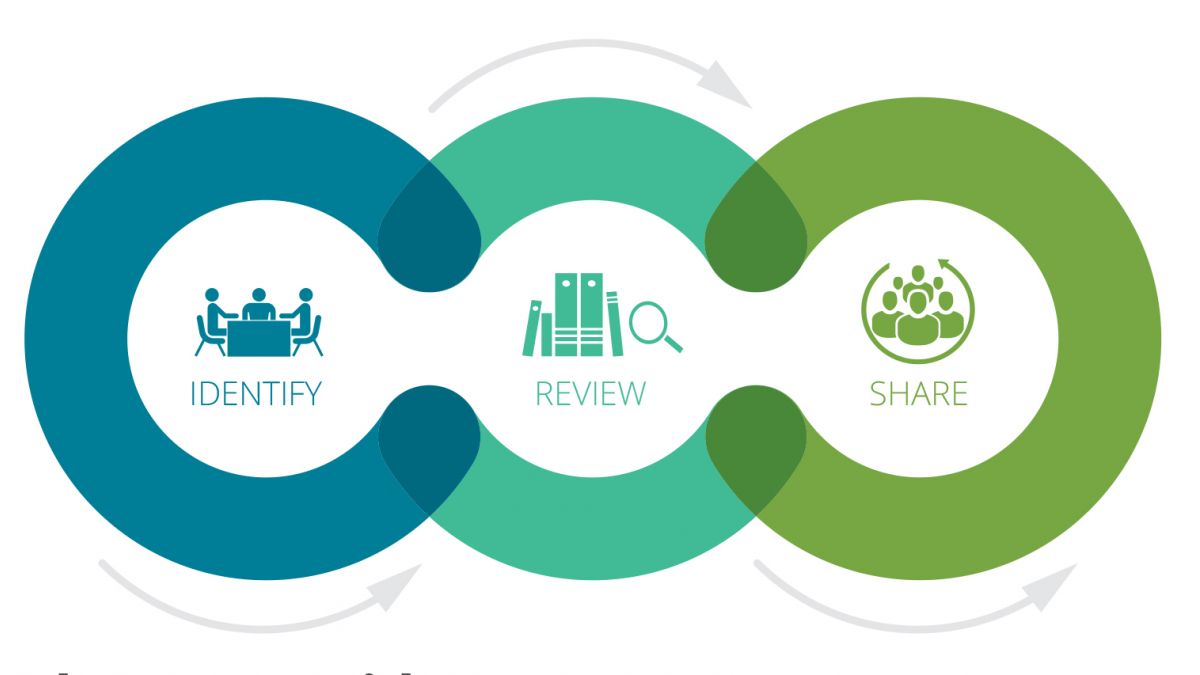Image

From Anecdotes to Evidence: Demonstrating the power of environmental education
How do we demonstrate evidence-based outcomes of EE without letting go of the passion that breathes energy into the field?
eeWORKS is a project that seeks to answer this critical question. Guided by an expert advisory board, NAAEE is partnering with Stanford University, University of California Davis, and University of Florida to demonstrate the impact and value of EE. To narrow our focus, we are conducting comprehensive research reviews and producing communications tools for several priority outcome areas. These key outcome areas were identified based on published literature and the interests of key stakeholders, such as educators, environmental organizations, policymakers, and funders. In short, we are substantiating powerful anecdotes from across the field with empirical evidence.
What is the capacity for environmental education to contribute to a more sustainable planet and society? Let eeWORKS help you answer that question.
Image
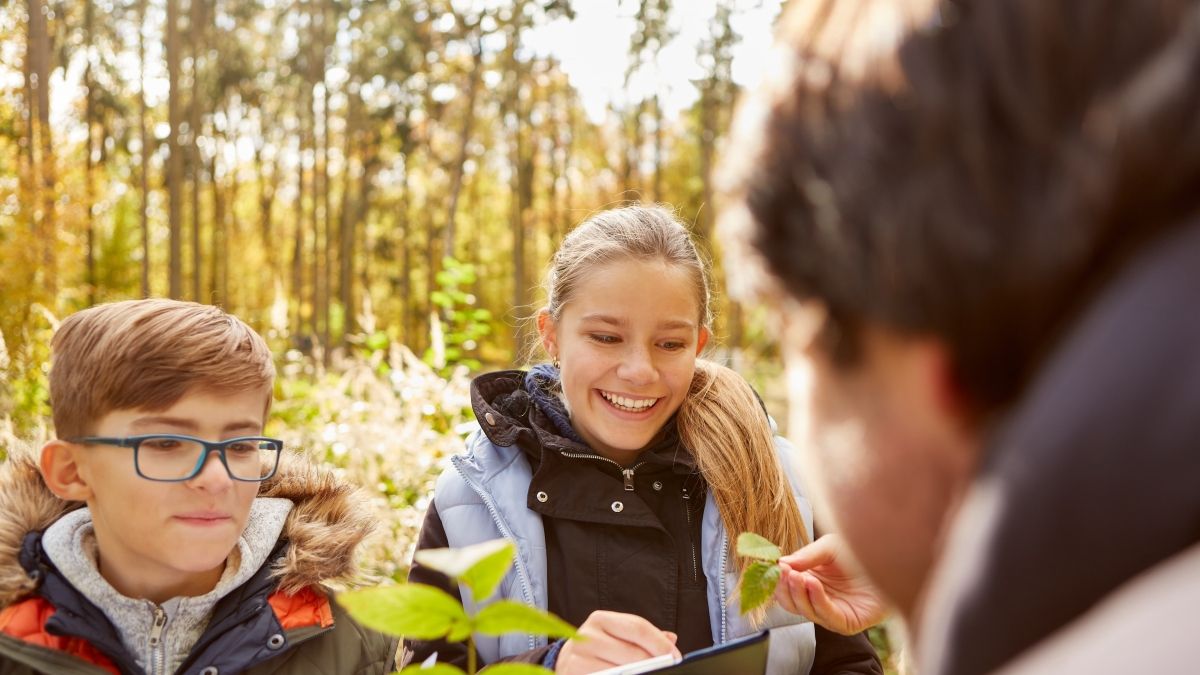
Discover the Power of Environmental Education with eeWORKS
eeWORKS illuminates the true impact of environmental education, from the benefits for K–12 students to the role of EE in fostering civic engagement, conservation, and positive youth development.
Examine the research in the following key outcome areas and apply the findings in your work.
Image
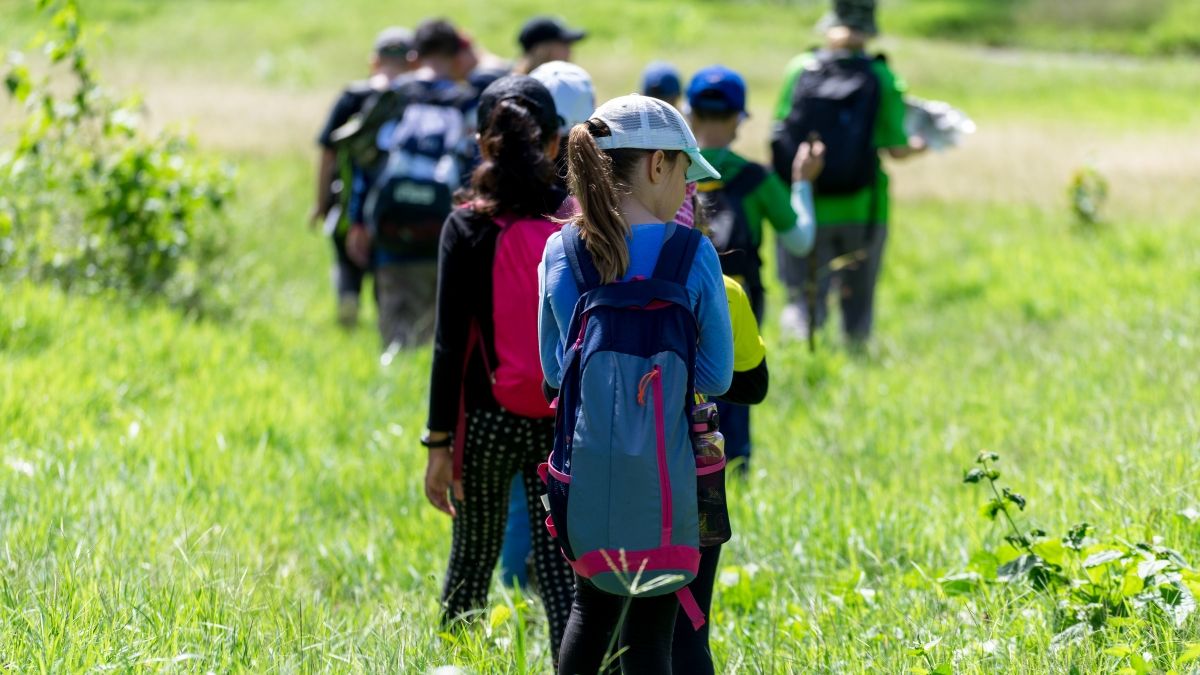
Community and Citizen Science Programs Support Environmental Education Outcomes
Outcome area: Community and Citizen Science. How can and do community and citizen science programs achieve environmental education outcomes?
Research effort & result: Analysis of 100 studies of community and citizen science programs
Research/Communications team: University of California, Davis (research); NAAEE (communications)
Image
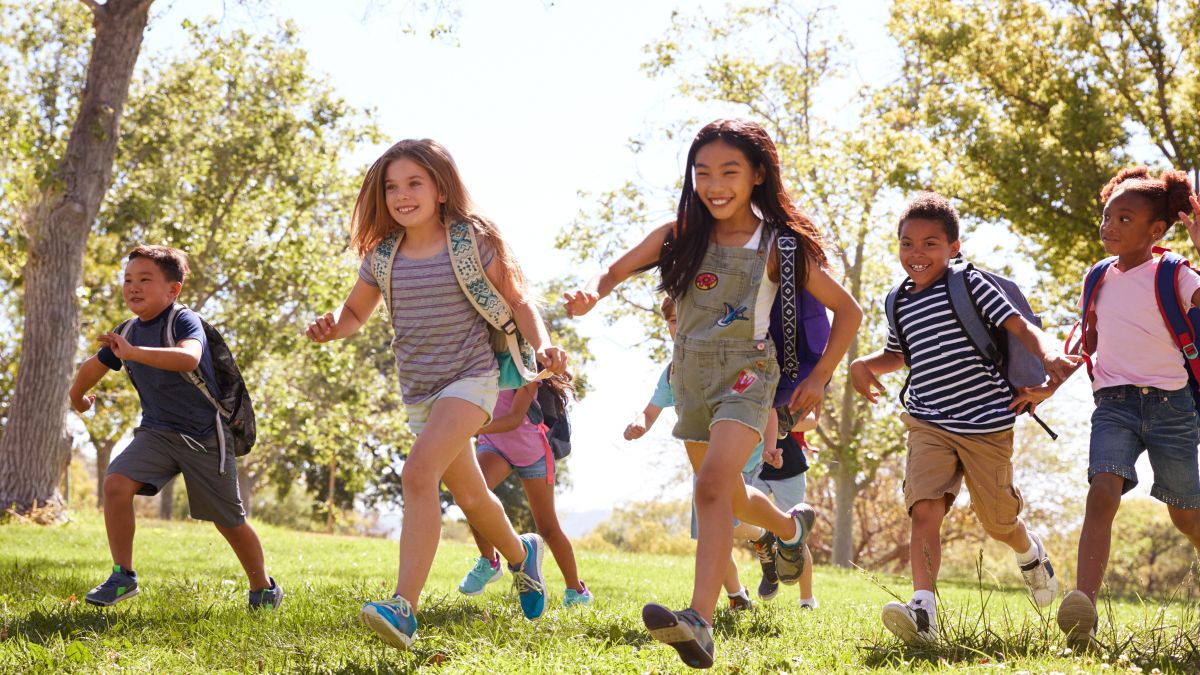
Environmental Education Strategies That Support Positive Youth Development
Outcome area: Positive Youth Development. How can and does EE contribute to positive youth development-related outcomes for secondary school students, in terms of physical, intellectual, psychological and emotional, and social development?
Research effort & result: Analysis of 60 peer-reviewed studies published over a 10-year period
Research/Communications team: Stanford University (research); NAAEE (communications)
Image
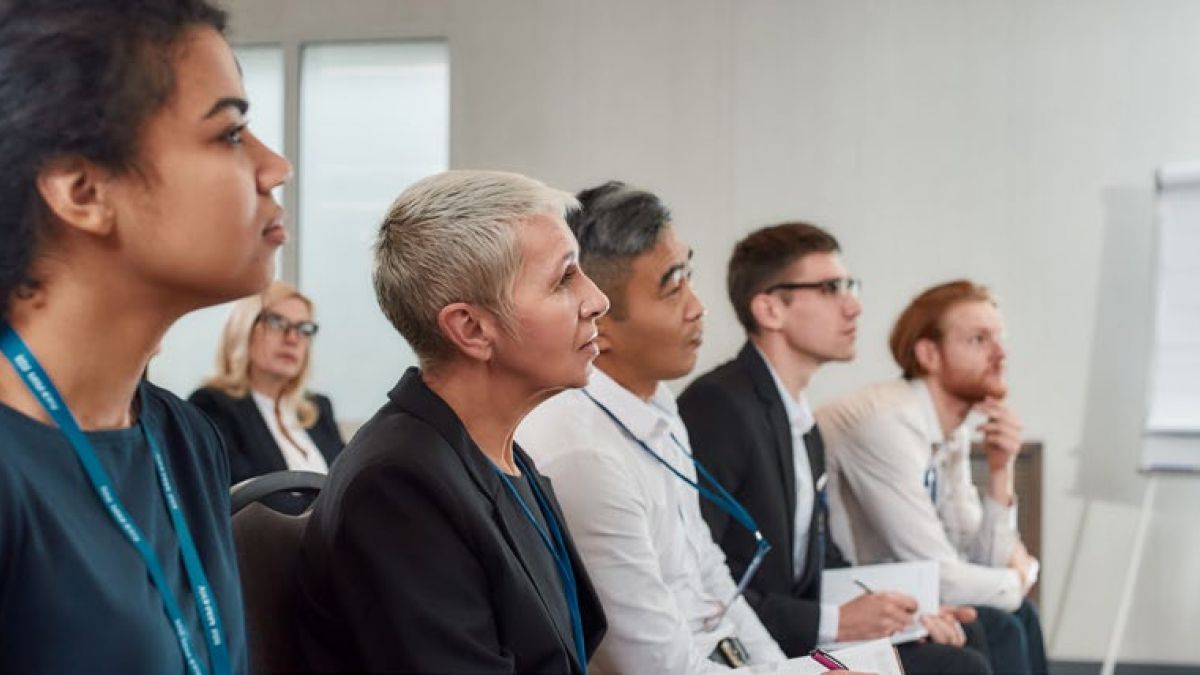
Environmental Education Practices That Support Civic Engagement
Outcome area: Civic Engagement. How can and do EE programs contribute to civic engagement outcomes at the individual and community levels? What practices should EE practitioners consider when designing or adapting their programs to better support civic engagement outcomes?
Research effort & result: Analysis of 56 peer-reviewed studies focused on assessments of how environmental education programs contribute to civic engagement
Research/Communications team: Stanford University (research); NAAEE (communications)
Image

The Benefits of Environmental Education for K–12 Students
Outcome area: K–12 Students. How can and does EE contribute to outcomes for K–12 students, in terms of increased knowledge, critical thinking skills, civic engagement, and other outcomes of interest in EE?
Research effort & result: Analysis of 119 peer-reviewed studies published over a 20-year period
Research/Communications team: Stanford University (research); NAAEE (communications)
Image
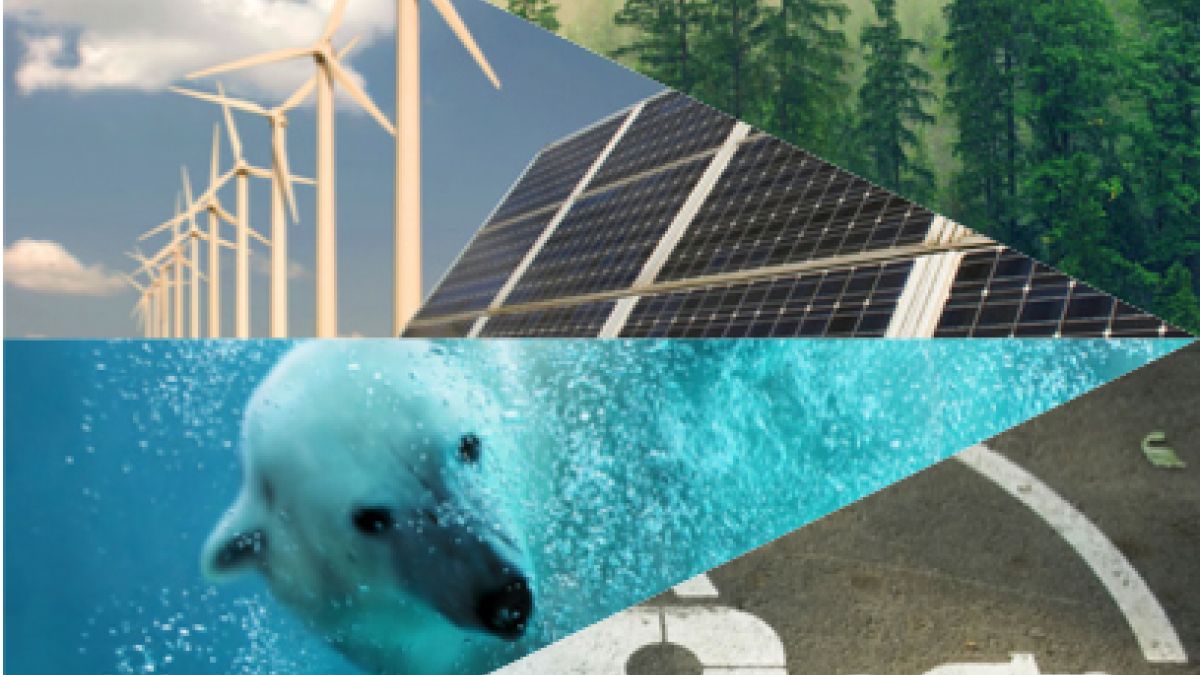
Identifying Effective Climate Change Education Strategies
Outcome area: Climate Change. What educational strategies help create effective education to address climate change? What is the role of outreach in helping communities (with a focus on adults) adapt to climate change?
Research effort & result: Analysis of 49 studies focused on assessments of climate change education interventions
Research/Communications team: University of Florida (research); NAAEE (communications)
Image
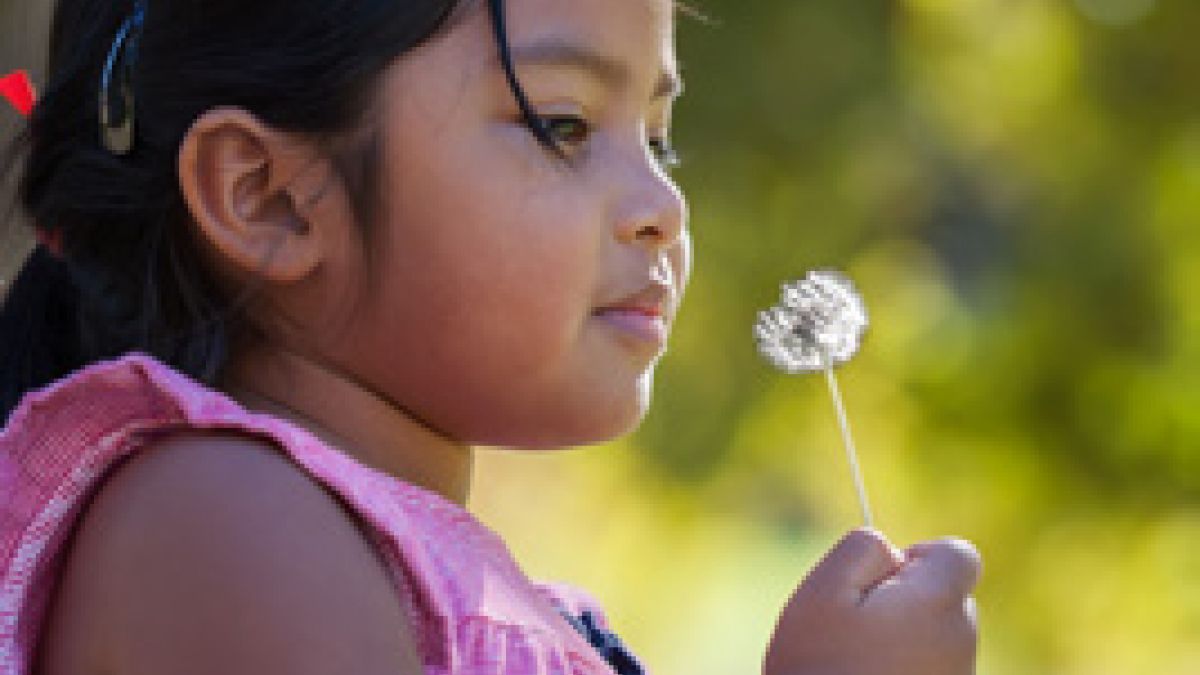
The Benefits of EE and Nature Connections in Early Childhood
Outcome area: Connecting People to Nature. What is the role of EE in early childhood development and connectedness to nature? How does nature connection influence health, stewardship, creativity, and other areas of human and societal development?
Research/Communications team: Stanford University (research); NAAEE (communications)
Image

The Impact of EE on Conservation and Environmental Quality
Outcome area: Conservation and Environmental Quality. How does EE support conservation outcomes, and how does EE influence the quality of the environment?
Research/Communications team: Stanford University (research); NAAEE (communications)
eeWORKS Advisory Council
Janet Ady (Bureau of Land Management), Dr. Nicole Ardoin (Stanford University), Dr. Heidi Ballard (University of California-Davis), Sarah Bodor (NAAEE), Alison Bowers (Virginia Tech University and Stanford University), Judy Braus (NAAEE), Drew Burnett (Retired), Dr. Charlotte Clarke (Duke University), Emilian Geczi (Center for Humans and Nature), Dr. Joe Heimlich (Ohio State University and COSI), Dr. Cathy Jordan (Children & Nature Network), Alex Kudryavstev (EECapacity), Heidi McAllister (U.S. Forest Service), Christy Merrick (Natural Start Alliance), Dr. Ryan Meyer (University of California-Davis), Sarah Milligan-Toffler (Children & Nature Network), Dr. Martha Monroe (University of Florida), Ginger Potter (U.S. Environmental Protection Agency), Dr. Alan Reid (Monash University), Dr. Bora Simmons (University of Oregon), Andrea Stein (Roger Williams Park Zoo), Dr. Marc Stern (Virginia Tech University), Noelle Wyman-Roth (Duke University)
